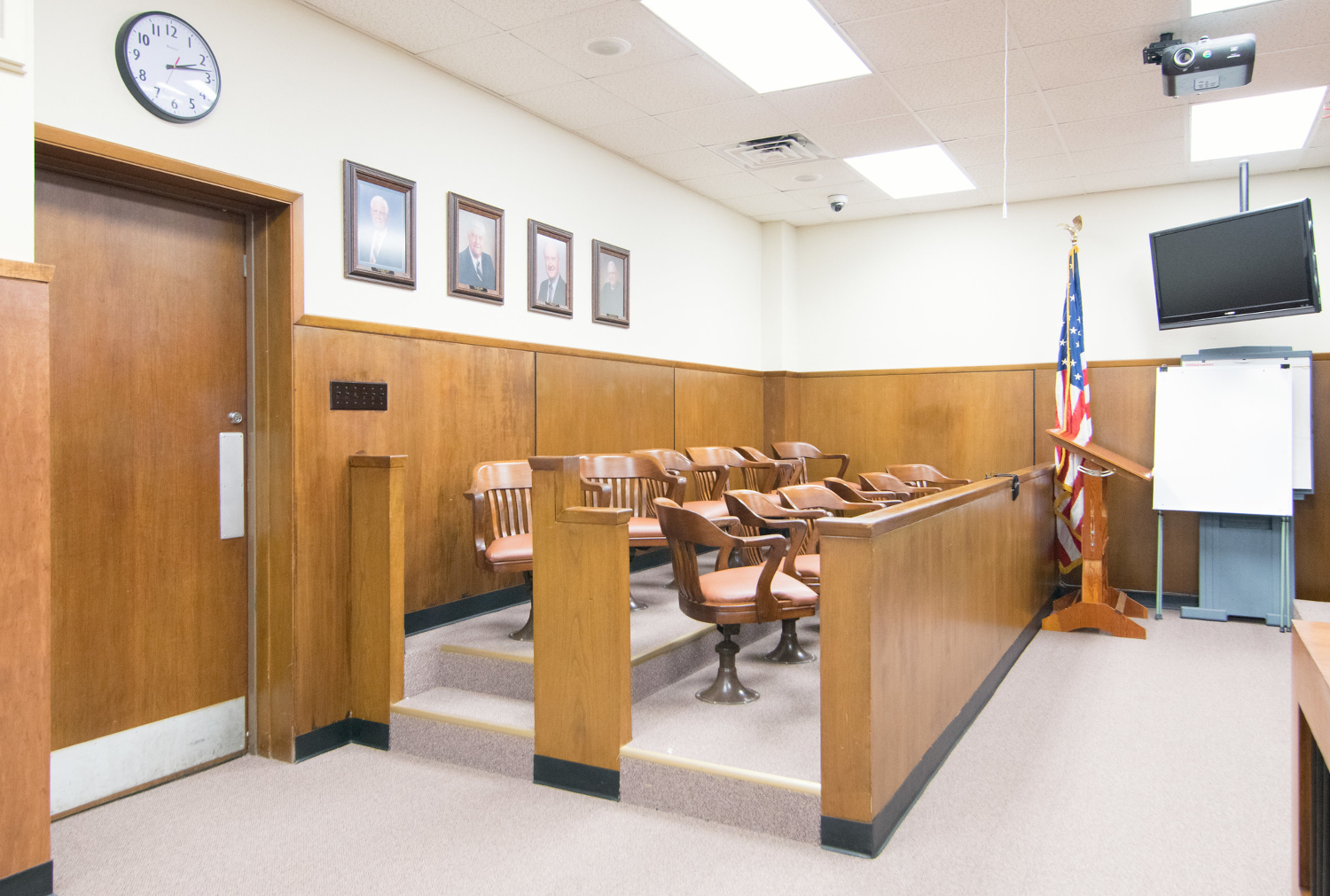Chelsea Clinton surprised criminal justice reform activists when she recently backed Color of Change’s “Still in Prison” campaign, which sheds light on the impact of Oregon allowing non-unanimous jury verdicts in past felony cases to stand. She did not mince words, stating that Oregon Attorney General Ellen Rosenblum “has the power to topple a racist law. And she must.” Thanks to a new Supreme Court decision, AG Rosenblum remains probably the only person who can do it (and she almost certainly won’t).
On May 17, a 6-3 majority ruled in Edwards v. Vannoy that a new “procedural” rule, even one that shakes the system to its foundations, cannot be applied retroactively. What that means is, despite the Supreme Court ruling last year in Ramos v. Louisiana that non-unanimous jury verdicts are unconstitutional, nothing changes for people convicted on this basis in the past. Petitioner Thedrick Edwards will receive no relief from his illegal 2007 convictions in Louisiana due solely to the fact he was not convicted after April 20, 2020. Neither will many other incarcerated people in Oregon or Louisiana—the only two states where such convictions still stand. Talk about arbitrary.
Justice Brett Kavanaugh’s majority opinion contains a lot to like for prison-loving conservatives who see due process as a technicality, and a lot to dislike for people who value the concept of inalienable rights, or a less politically-charged judiciary.
Kavanaugh covers the bread-and-butter of criminal law jurisprudence to make the point that the injustice of his decision is not anomalous, but pretty common—and thus correct. He explains how, after Duncan v. Louisiana, where the Supreme Court deemed a right to a trial by jury in state criminal cases constitutionally guaranteed, the Court denied an appeal from a man previously convicted without the option of a jury. He also explains how, after Batson v. Kentucky, where the Court found that the right to a jury of peers means litigants cannot strike potential jurors based on race, a man convicted by a jury purged of Black people could not complain.
Retroactive application is only for “watershed” rules, according to Supreme Court precedent. But there has only ever been one rule deemed watershed.
This is what happens when lawyers become too used to calling the prohibition on prosecutors hiding evidence of a defendant’s innocence “the Brady rule,” the rule against striking potential jurors based on race “the Batson rule,” and so on. Such shorthand for lawyers can be useful—so long as judges analyzing Brady and Batson violations keep in mind that these are constitutional violations, not mere “rule violations.” A soccer player may get a yellow card for shoving an opponent or a red for kicking them. But such rule-breaking is of a fundamentally different nature to say, bribing a referee or drugging the other team’s water bottles.
Retroactive application of a criminal procedure rule is only for “watershed” rules, according to Supreme Court precedent. But there has only ever been one rule deemed watershed: the one enshrined in Gideon v. Wainwright, wherein the Court guaranteed the right to a defense attorney in criminal cases. That is because the right to a defense was deemed necessary to prevent an “impermissibly large risk of an inaccurate conviction,” and it also “altered our understanding of the bedrock procedural elements essential to the fairness of a proceeding.”
The majority of the Court never took seriously the fact that the vast majority of the nation’s residents couldn’t even fathom the idea that a jury verdict doesn’t have to mean a jury’s verdict, but only the verdict of 10 out of 12 jurors.
The US jury system in criminal court descended from England, which requires unanimous jury verdicts. Non-unanimous criminal verdicts today are unheard of outside of Oregon and Louisiana. To have something “alter one’s understanding,” that understanding must exist in the first place. It is telling that 12 Angry Men, one of the few truly famous American legal dramas, did not teach us that a majority (or supermajority) of jurors was needed to condemn the suspected killer, but the full 12 of the title.
The Court, or at least the current six justices appointed by Republican presidents, also does not seem to get how permitting 10-2 guilty verdicts is a serious problem for accurately determining people’s guilt or innocence. Frankly, trial courts can’t even get it right when the requirement is 12-0. In Philadelphia, a city of 1.5 million with a district attorney in Larry Krasner (up for re-election today) willing to keep his eyes open, 24 men convicted of murder have been exonerated and released in the last five years.
In addition, the Innocence Project and prosecutors’ own Conviction Integrity Units usually focus on serious cases like rape and murder that went to trial, instead of being disposed of by plea bargain like the vast majority of criminal cases. So it’s impossible to know with any certainty how often innocent people plead guilty, but it likely happens more than anyone would like to admit, due to the risk of being punished more harshly for going to trial only to lose.
A non-unanimous jury system intuitively makes it even easier for prosecutors to win at trial because there is no reason for the majority of jurors who believe the defendant is guilty to bother trying to convince the holdouts. Empirical studies of juror behavior show this.
In fact, the desire to strongarm dissenters was the whole point of lawmakers in Oregon and Louisiana lowering the necessary number of jurors voting Guilty from 12 to 10. They did it to undercut the potential impact of Not Guilty votes from jurors of color or minority religions who might trust existing power structures less than others, with good reason.
Our world, as Justice Kavanaugh sees it, is a world with no “inalienable rights,” except for the ones the Constitution makes unambiguous enough to require no interpretive work.
Photograph by Patrick Feller via Flickr/Creative Commons 2.0





Show Comments